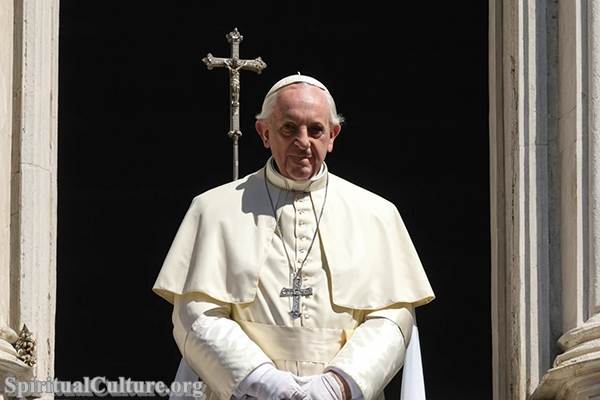Saint Martin, also known as St Martin, is a figure that looms large in the annals of Catholicism. The Saint is revered for his philanthropy, humility, and dedication to the service of humanity. His life and teachings have left an indelible mark on the Catholic Church and continue to inspire millions of followers across the globe.
This article aims to explore the life of Saint Martin, his impact on Catholicism, and how his teachings continue to influence the Catholic Church today.
Catholicism and Saint Martin
Saint Martin was born in Hungary in the 4th century AD to pagan parents. He joined the Roman army at a young age but was soon drawn towards the teachings of Christianity. His journey from a soldier to a monk, bishop, and ultimately a saint is a testament to the transformative power of faith.
One of the most famous stories about St. Martin is his encounter with a scantily clad beggar during a freezing winter. Moved by the man’s plight, Martin cut his own cloak in half and shared it with the beggar. That night, he dreamed of Jesus, clad in the half-cloak he had given away, saying to the angels: “Here is Martin, the Roman soldier who is not baptized; he has clad me.” This vision had a profound impact on Martin, and he was baptized soon after.
Saint Martin’s life is a perfect embodiment of the core principles of Catholicism. He devoted his life to the service of the poor and the needy, demonstrating the virtues of charity and compassion that lie at the heart of Catholic teachings. His humility and selflessness are ideals that every Catholic strives to emulate.
Saint Martin and the Catholic Church
Saint Martin was instrumental in spreading the message of Catholicism across Western Europe. He was appointed as the Bishop of Tours in France, where he established the first rural monastery in the country. His efforts played a pivotal role in the spread and consolidation of the Catholic Church in Gaul, now modern-day France.
The Catholic Church commemorates the Feast of Saint Martin each year on November 11. This day, also known as Martinmas, marks the end of the agricultural year and the beginning of winter. It is celebrated with feasts, parades, and various cultural events in many countries around the world. This tradition highlights the enduring influence of Saint Martin on Catholic culture and traditions.
Saint Martin’s Legacy in Catholicism
Saint Martin’s legacy in Catholicism is immense. He is one of the most recognizable and beloved saints in the Catholic Church. His life and teachings continue to inspire Catholics worldwide, encouraging them to live a life of service, humility, and love.
Many churches, chapels, and schools across the globe are dedicated to Saint Martin, reflecting his enduring influence in the Catholic world. In France, the Basilica of St. Martin in Tours stands as a testament to his significant contributions to Catholicism.
In a world that often seems driven by materialism and self-interest, the example set by Saint Martin serves as a powerful reminder of the values that lie at the heart of Catholicism. His life embodies the essence of the Catholic faith, namely love, compassion, and service to others.
In conclusion, Saint Martin’s influence on Catholicism is profound and far-reaching. His teachings and lifestyle embody the fundamental principles of the Catholic faith. His commitment to service, humility, and love continue to inspire and guide millions of Catholics around the world. Saint Martin, the humble soldier turned saint, remains a shining beacon of Catholicism, illuminating the path for all those who seek to live a life of faith and service.




